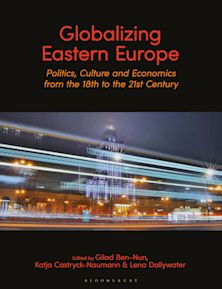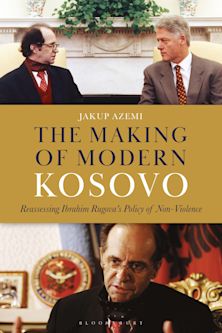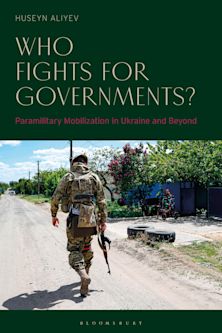Political Representation and Citizenship in Portugal
From Crisis to Renewal
Political Representation and Citizenship in Portugal
From Crisis to Renewal
This product is usually dispatched within 1 week
- Delivery and returns info
-
Free US delivery on orders $35 or over
Description
Representative democracies are facing huge challenges that stem from long trends of citizens’ dissatisfaction and weakening of political legitimacy, on the one hand, and the effects of global economic and financial crisis on electoral alignments and the patterns of government, on the other. This volume uses the Portuguese case as an important case study to examine the long-term debate on the crisis of representative democracies with the attempt to assess the impact of the Great Recession. In particular, this study examines two relevant dimensions, namely citizens’ participation and mobilization, as well as longitudinal evolution of the linkages between voters and MPs, highlighting both continuities and changes. Through a wide and rich data collection and the comparative perspective adopted, this study furthers our understanding of how Portuguese democracy has bounced back and has emerged as a peculiar case among European democracies, especially if we look at innovate democratic practices - at both citizens’ and elites’ level – that have been adopted after the Great Recession.
Table of Contents
Chapter 1
Bridging the gap? The changing relationship between the socialists and radical left in Portugal
Chapter 2
Politics in Austerity: strategic interactions between social movements and institutional actors in Portugal, 2010-2015
Chapter 3
Democratic legitimacy and trust in political institutions in Portugal before and after the Great Recession: transitory or lasting effects?
Chapter 4
Political participation of the young versus old age cohorts before and after the Great Recession: Portugal in a comparative perspective, 2008-2016
Chapter 5
Ideological and policy representation in Portugal, before and after the Great Recession, 2008-2017
Chapter 6
Gender and political representation before and after the Great Recession, 2008-2017
Chapter 7
Opening the ‘black box’: intra-party cohesion on European integration in Portugal before and after the crisis
Chapter 8
Legislative activities before and after the Great Recession: an analysis of unemployment and social welfare issues
Chapter 9
Conclusions
Product details
| Published | Jun 10 2020 |
|---|---|
| Format | Hardback |
| Edition | 1st |
| Extent | 224 |
| ISBN | 9781793601155 |
| Imprint | Lexington Books |
| Illustrations | 18 Tables, 8 BW Illustrations, 4 BW Photos |
| Dimensions | 9 x 6 inches |
| Publisher | Bloomsbury Publishing |
Reviews

ONLINE RESOURCES
Bloomsbury Collections
This book is available on Bloomsbury Collections where your library has access.



































